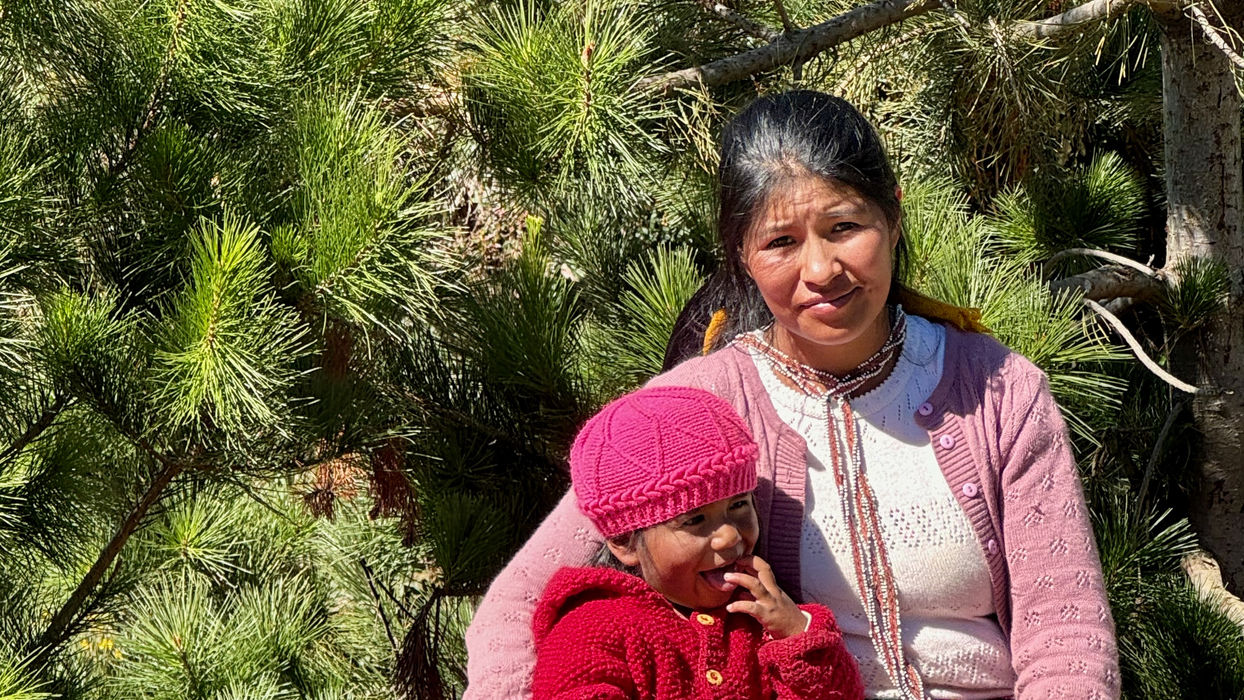.png)

At World Health Initiatives, we understand the high ambitions of our efforts, which is why we’re not limiting our collaborations in-house. With so many organizations whose general goals align with ours, WHI is proudly partnering with the United Nations’ Sustainable Development Goals (SDG) Program in order to help ensure the future of the next generation.
In communities suffering from issues we work to combat, no group suffers more than children. While dehydration, malnourishment, and bad hygiene are not good for anyone, children are still growing and developing, which means the lack of access to these basic human necessities can have permanent damage to them, even well into adulthood.

MALNUTRITION
Undernourished children will often stop growing before their peers, both physically and mentally. This can result in a child being significantly shorter than others of the same age, in addition to lower IQ scores, which subsequently reduces their earning potential as adults, hindering their ability to provide for their families and live happy, stable lives.
DEHYDRATION
Children without optimal access to water will have a harder time concentrating and learning, preventing their development into adulthood and limiting their career options. Additionally, their mood and energy levels can be negatively affected, hurting their mental health and ability to be productive, which subsequently can hurt their ability to provide for themselves and their families. Even mild dehydration in a child can lead to anxiety, depression, and fatigue, damaging short-term memory and attention span, which again hurts their ability to work as an adult.
BAD HYGEINE
Without understanding necessary hygienic practices, children may experience behavioral problems, disengagement, and social isolation, all of which hurt their ability to live happy and fulfilling lives. Most dangerously, poor hygiene in developing children increases the risk of neurodevelopment and psychiatric disorders.

One way in which WHI aligns with the United Nations Sustainable Development Group is our commitment to bringing clean water to the communities we serve. WHI’s effort to provide water filtration systems to communities helps by ensuring these communities have access to clean drinking water.
As some communities try to eliminate the problem entirely, organizations can focus on widespread practices to universally eliminate the problem for everyone suffering.
However, the goal of providing drinkable water has far more benefits than hydration and reducing sickness. An increase in the number of citizens with access to clean water also means better-managed food production and better sanitation/hygienic services, allowing communities to ensure they receive the proper nutrients and fewer infections, bettering their daily lives.
Over 2.4 billion people
still live in water-stressed countries despite a 9% increase in water-use efficiency.
These goals are perfectly synonymous with WHI’s education programs. Our nutrition education program will allow the communities we serve to take advantage of the improved water quality and effectively allocate water towards crops and livestock so they can prioritize the best nutrient sources for the entire community using their newfound knowledge.
Not only will this positively affect each individual's overall health, but it will also further prevent diseases and allow the children to develop into fully healthy adults with minimal concerns. Our hygiene program works similarly, remediating the problems seen in the billions of people without safely managed sanitation/basic hygiene services.
For the communities we help, even if they do not receive the aforementioned services, the people enrolled in these programs will have the knowledge to best handle sanitation and hygiene based on what they have access to already. Although it may not bring them to the level of first-world countries, it can undoubtedly help reduce the gap and normalize quality hygiene in communities.


.png)










